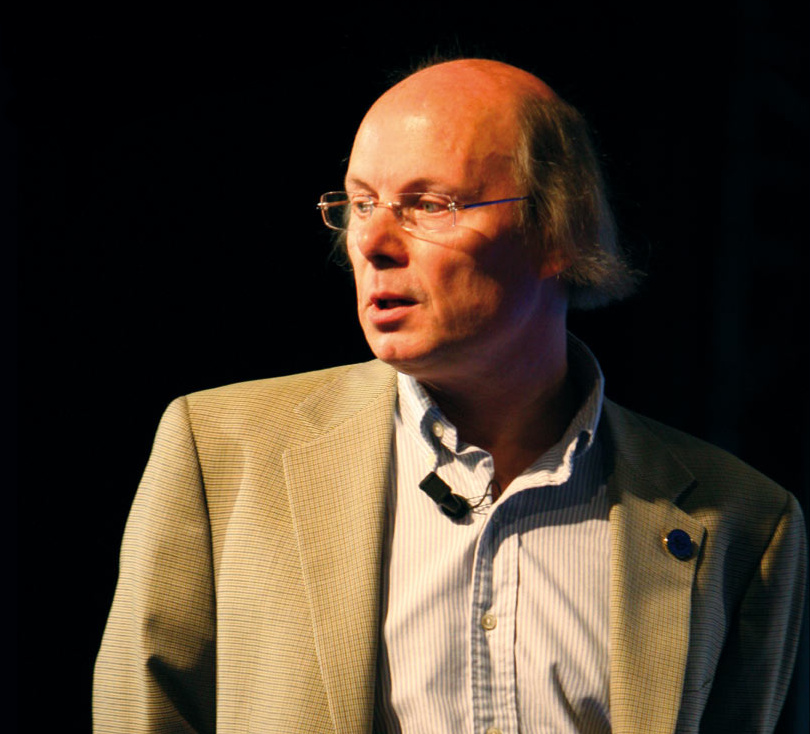This year CppCon is increasing the number of Open Content sessions. In addition to the early morning and evening sessions offered last year, we’ll also be offering Open Content session over the lunch break.
Open Content is just that, open! Attendees and regular program speakers alike can propose sessions on anything that interests them. These might feature a single facilitator leading a room through an exercise, activity or demo, a panel of 3-5 people taking questions from the room, a “hackathon” on a specific project, or an open conversation among the whole room. The projector is available for slides or note taking.
Open Content is designed for flexibility so that a “Birds of a Feather” talk may be proposed even after the conference has begun. A speaker who gets a lot of post-talk questions may agree to host a Q&A session in the Open Content time. An attendee inspired by a session may host a session to explore a topic further or start on a group implementation of something.
To propose a session, simply email open-content@cppcon.org and tell us the title, description, and speaker(s)/moderators(s). If you have time constraints such as “after a specific session” or “not on the same day as a specific session” let us know in the email. (For example, someone who will be grilled at Grill The Committee on Monday can’t do an open session Monday evening.)
These sessions will be open in another way too – Open Content does not require conference registration. That’s right, everyone who is in the area is welcome to come and join us for all the evening/lunch sessions, including proposing or leading a session. This is part of our goal to be an inclusive conference for the entire C++ community.
For now, please email your submissions as soon as you can so that our planning work can get underway. See you in Bellevue!

 will be continuing his “Better Code” keynote series from last year’s C++Now keynote (on complete types) with “
will be continuing his “Better Code” keynote series from last year’s C++Now keynote (on complete types) with “